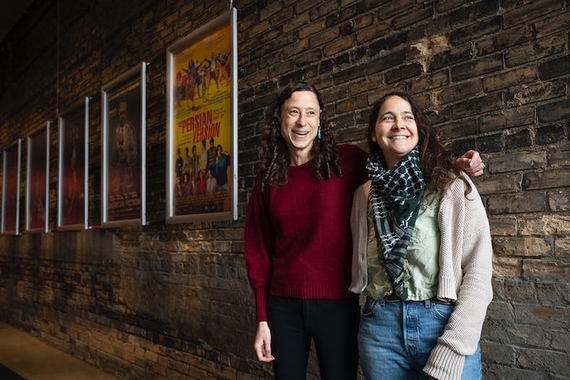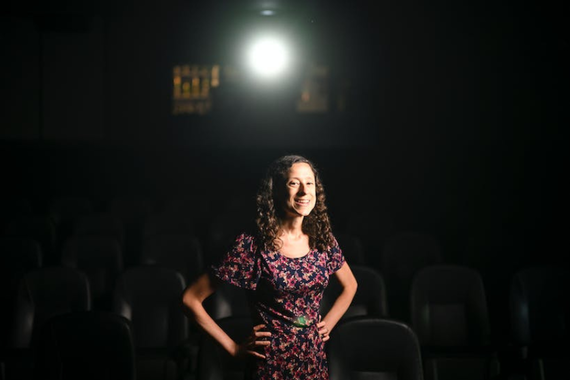CSCL Values Statement on Anti-Racism and Inclusion in the Classroom
OUR COMMITMENT TO ANTI-RACISM AND INCLUSION IN THE CLASSROOM
Courses taught in the Department of Cultural Studies and Comparative Literature often call on us to share views, discuss topics, and complete assignments on potentially sensitive issues: race and racism, war and genocide, class and caste, gender and sexuality, nation and nationalism, ability and ableism, religion and faith, ethnicity and ethnocentrism, colonialism and imperialism, as well as their related histories, contemporary realities, struggles, and practices. We use qualitative and interpretive methods from the humanities (particularly close reading, analysis of visual and sonic materials, and creative practice) to explore these complex issues, which make our courses engaging, current, and transformative inside and outside the classroom. Two key premises guide our learning:
Hear the other.
To learn together—i.e., to change ourselves and each other through learning—we all must hear the other. Put differently, we need to acknowledge, understand, and engage with each other’s different perspectives. Members of our class community come from many backgrounds, races, ethnicities, nationalities, colors, genders, sexual orientations, abilities and health statuses, belief systems, and socioeconomic classes. Given such differences, disagreements may arise during class discussion. Everyone in the class has the right to voice their interpretations and arguments: when we disagree, however, please let us do so respectfully. This respect demands attention to the not always immediately obvious positions that each of us lives. It also demands open engagement in difficult conversations: listening to, learning more about, and challenging views that disagree with yours. We are not required to shift personal beliefs, but we must be respectful of others and their perspectives: let us try and understand both our classmates and the course materials on their own terms first.
Hear yourself.
That said, it is important for us to acknowledge that in the institutional and social space we occupy, some perspectives will reflect the positions and experiences of empowered groups, while others will reflect those of groups that are systematically deprivileged and harmed. The University of Minnesota is, for instance, a predominantly white institution, and BIPOC and nonwhite international students often find themselves outvoiced. So too international students more generally, as well as students who are working-class or first-generation; those who identify as women, nonbinary, or LGBTQ+; those with disabilities; and/or those who identify with other marginalized groups: in many University contexts, they may also struggle to be heard. Thus, let us share our relevant experiences with an awareness of the social positions they reflect: that is, hear yourself. We should recognize as well that what a person is does not necessarily represent the social position they occupy, or the interests and outlooks they espouse; we are never expected to represent an entire group.


